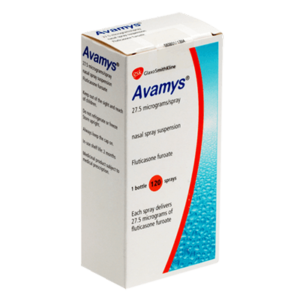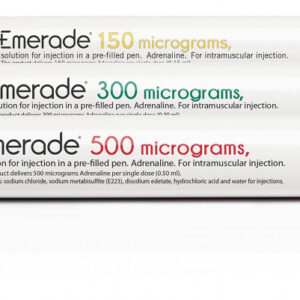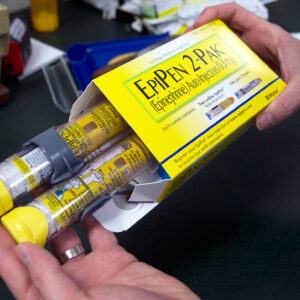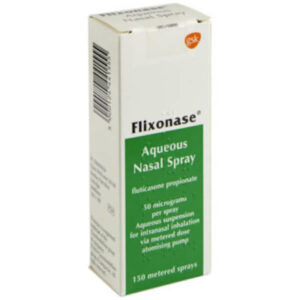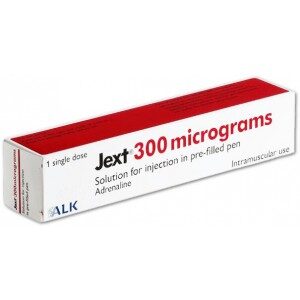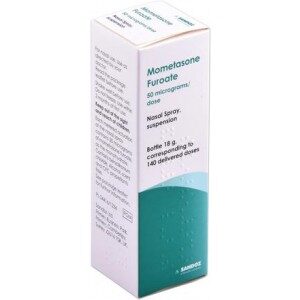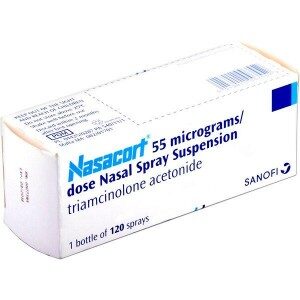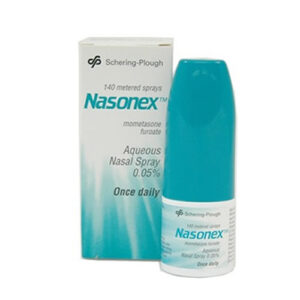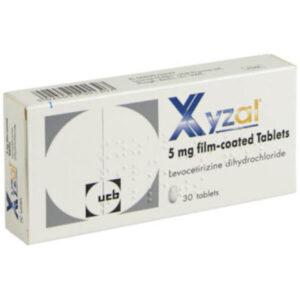What are allergies?
Allergies are when an everyday substance triggers an autoimmune response. This response can cause a range of symptoms from sneezing to anaphylactic shock – an acute (occurring quickly) and life threatening reaction.
Allergy triggers can also vary from person to person. Common allergies include:
- Animal dander
- Dairy
- Dust or mould
- Fish or crustaceans
- Insect stings
- Metals (gold, nickel, chromium)
- Nuts
- Pollen
- Polymers (latex, nylon)
- Wheat
In rare cases, simply being within the vicinity of one of these stimuli can trigger an allergic reaction.
What is an allergic reaction?
An allergic reaction occurs when the body’s immune system issues a response to a typically harmless substance.
When a pathogen, such as a virus or bacteria, enters the body, the immune system kicks in to fight the invasion by releasing antibodies. Coughing, sneezing, vomiting and other biological mechanisms engage to clear the invasion.
However, the immune system can issue the same response against foreign bodies that are not normally harmful, such as pollen or dust. The responses can range from expulsion of the particles through coughing, sneezing or defecation, to inflammatory responses which generate more proteins to fight the foreign particles. In rare cases, the body can issue an anaphylactic response to a particular particle which causes constriction of muscles leading to dilation of the blood vessels and a severe drop in blood pressure.
How can you prevent allergic reactions?
Firstly, it’s important to identify your allergies. Many people discover their allergens (substances which trigger allergic reactions) in their childhood. However, there is a chance you could be allergic to stimuli you have not encountered.
Once you are aware of your allergens, you can take appropriate precautions to minimise your risk of exposure to them. While this can be difficult, and sometimes impractical, preventing exposure to stimuli which causes an unpleasant or life-threatening reaction is typically the best option.
If you can’t avoid exposing yourself to an allergen, there are various treatments which can be taken before or after an allergic reaction takes place.
How can I treat my allergic reaction?
There are a variety of treatments available, though most only treat the symptoms, leaving you to manage the cause of the allergic reaction.
Antihistamines are popular choices for many allergies. These can be taken to prevent an allergic reaction from occurring or treat the symptoms of an allergic reaction as they appear. Antihistamines are available in in tablets, eye drops, capsules and nasal sprays.
Decongestants can be taken if you experience a blocked nose brought on by an allergic reaction. Similarly, to antihistamines, these are available as tablets, nasal sprays and capsules. However, decongestants should not be taken for long periods of time as they can aggravate symptoms.
Topical creams and gels can reduce rashes and itchiness that may happen as a result from a reaction. Many of these topical treatments can be bought over the counter from a chemist.
Steroids are used to reduce the inflammation. Inhalers, nasal sprays, creams and tablets can contain steroids to treat the inflammation. Stronger treatments are available on prescription and can be prescribed by your GP.
For the treatment of anaphylaxis, an intramuscular adrenaline injection is given. During anaphylaxis, the blood pressure in the body drops to dangerously low levels. To counteract this, adrenaline constricts the blood vessels to increase the blood pressure to prevent a cardiac arrest. In this situation, emergency services should be sought after immediately.
How to buy allergy medication online
For the treatment of anaphylaxis, Prescription Doctor offer 2 adrenaline auto-injector pens called EpiPen and Jext. These contain a shot of diluted adrenaline, which is injected directly into the outer thigh of the person suffering a severe allergic reaction.


